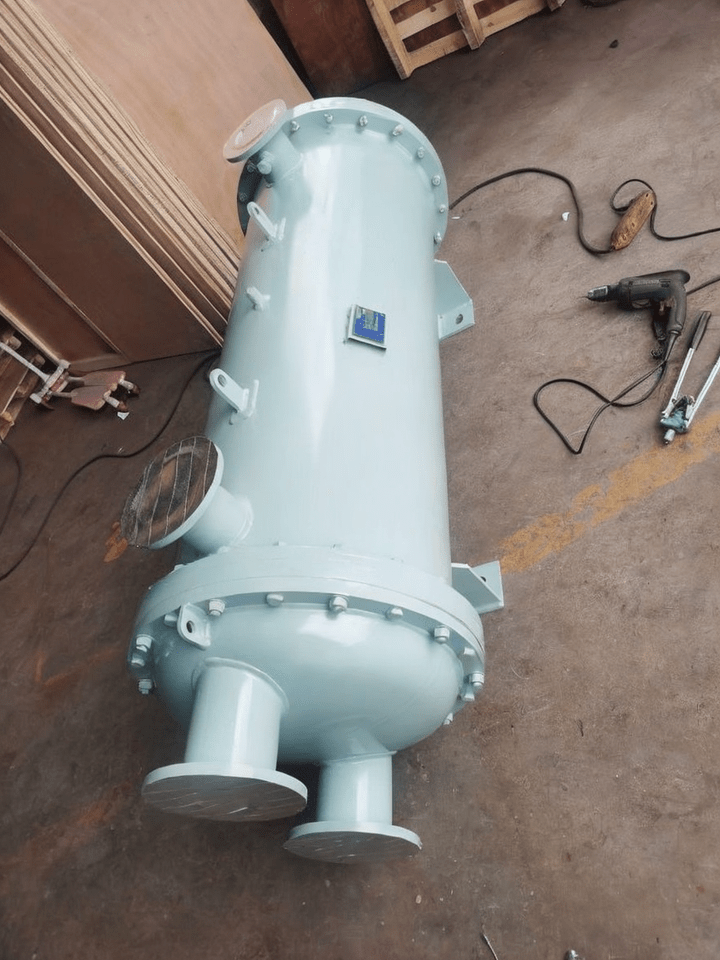When to Choose an Air-Cooled Oil Cooler Over a Water-Cooled One?
The choice between air-cooled and water-cooled (liquid-cooled) oil coolers depends on the application, environment, and performance needs. Below are key scenarios where air-cooled oil coolers are the better choice:
1. When Weight and Simplicity Are Critical
◉ Best for:
- Aircraft & aerospace (weight reduction is crucial).
- Motorcycles & lightweight vehicles (no bulky coolant system).
- Race cars (where every pound matters).
◉ Avoid if:
- Extreme, sustained heat requires liquid cooling’s efficiency.
2. In Harsh or Remote Environments
◉ Best for:
- Off-road vehicles (dust, mud, debris can clog radiators).
- Marine applications (no risk of saltwater corrosion in coolant lines).
- Construction/mining equipment (durable, no coolant leaks).
◉ Avoid if:
- Ambient temperatures exceed 120°F (49°C) regularly (liquid cooling handles extreme heat better).
3. For Low-Maintenance & Reliability Needs
◉ Best for:
- Fleet vehicles (trucks, buses) – fewer parts to fail.
- Industrial machinery – no coolant changes required.
- Classic/vintage cars – simpler retrofitting.
◉ Avoid if:
- Precision oil temperature control is needed (e.g., high-performance engines).
. In Cold Climates or Variable Conditions
◉ Best for:
- Winter/snow regions (air-cooled avoids overcooling).
- Daily-driven cars (faster oil warm-up reduces engine wear).
◉ Avoid if:
- Operating in consistently extreme heat (deserts, track racing).
5. When Cost and Installation Ease Matter
◉ Best for:
- Budget builds (no extra pumps, hoses, or radiators).
- DIY projects (easier to install).
- Small engines (lawn equipment, generators).
◉ Avoid if:
- Maximum cooling efficiency is required (e.g., turbocharged engines).
Comparison: Air vs. Water Cooling Decision Guide
| Scenario | Choose Air-Cooled If… | Choose Water-Cooled If… |
| Weight-sensitive application | ◉ (Aircraft, motorcycles) | ◉ (Heavy-duty trucks, industrial) |
| Extreme heat conditions | ◉ (Limited cooling capacity) | ◉ (Drag racing, desert use) |
| Cold weather operation | ◉ (No overcooling risk) | ◉ (May overcool oil) |
| Low maintenance preferred | ◉ (No coolant leaks/seals) | ◉ (Requires coolant changes) |
| High-pressure/high-load use | ◉ (Less stable temps) | ◉ (Better for towing, heavy machinery) |
| Budget constraints | ◉ (Cheaper, simpler) | ◉ (More expensive system) |
Exceptions: When Air Cooling Can Still Work in Tough Conditions
- Adding a cooling fan improves performance in slow-moving vehicles.
- Larger fin area compensates for high heat loads.
- Thermal bypass valves prevent overcooling in cold starts.
Final Recommendation
Choose an air-cooled oil cooler when:
◉ Weight, cost, and simplicity matter more than max cooling.
◉ Environment is dusty, wet, or corrosive.
◉ Maintenance must be minimal.
◉ Cold weather performance is a priority.
Choose a water-cooled oil cooler for:
◉ Extreme, continuous heat (racing, heavy towing).
◉ Precise temperature control (performance engines).
◉ Closed-loop systems (marine, industrial).
